Why bowel cancer screening tests could save your life
Check your poo. As a plumber, Baulkham Hills’ Raimond Sylvester is used to talking about the brown stuff but now he wants others to take up a bowel cancer test so they can treat it quickly.
Check your poo. As a plumber, Baulkham Hills’ Raimond Sylvester is used to talking about the brown stuff but now he wants others to take up a bowel cancer test so they can treat it quickly.
The 50-year-old was diagnosed with stage three bowel cancer last week, eight months after he received a test kit in the post.
The father-of-three had no symptoms or pain and would have never found out about the 67mm-long tumour in his bowel without the kit, which all Australians are sent when they turn 50.
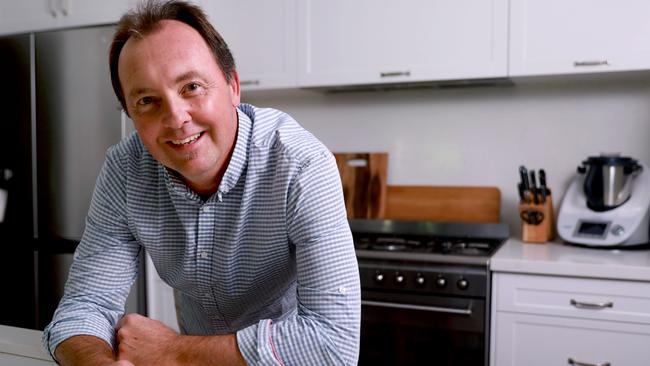
“I forgot about it and then my wife reminded me and I said ‘OK, I’ll do it,’’ Mr Sylvester said.
“Most people I’ve spoken to haven’t even done that, the kit’s just sitting in the kitchen draw but now they’re getting it done.”
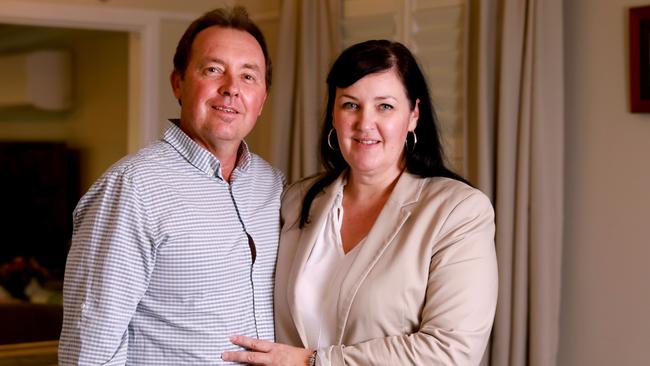
Mr Sylvester did not encounter any typical bowel cancer symptoms such as abdominal pain, blood in the stools, bloating or weakness.
Despite being called in for a colonoscopy and a biopsy, the shock did not hit him until he was told he had cancer.
“I just couldn’t believe it because even after the doctor showed me the report after the procedure, I thought he said it was just a legion, not even cancerous,’’ he said.
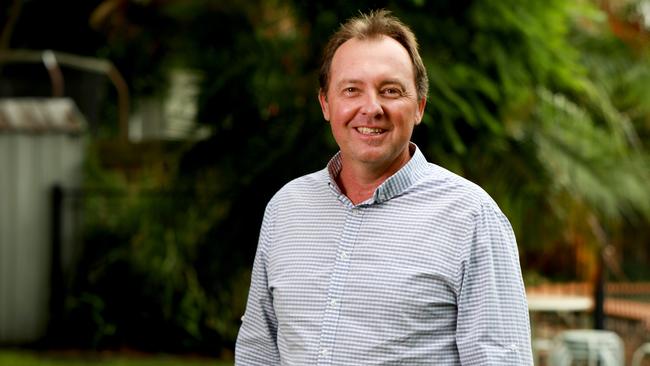
“Even then (after the biopsy) I was optimistic and thought it could be a benign lump.”
On Thursday, Mr Sylvester starts his treatment including five weeks of radiation and chemotherapy tablets followed by an eight-week break then surgery and possibly chemotherapy.
Norwest Hospital doctors are also working with Mr Sylvester in a study about patients with no symptoms.
● The survey is anonymous and be completed at: bit.ly/2Cpk2Ot
TIME TO LIFT THE LID ON BOWEL TESTING
NORWEST Private Hospital general surgeon Ewan MacDermid is leading a study about the effectiveness of bowel cancer screening among western Sydney residents and hopes to “nip it in the bud”.
Part of the study wants to ascertain if western Sydney residents aged over 50 are using home bowel cancer screening kits, which Australians are eligible to collect from the pharmacy when they turn 50.
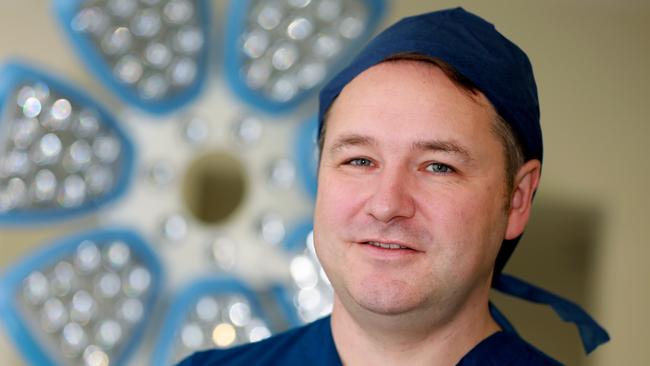
Dr MacDermid said the study was spurred by research which showed patients with bowel cancer from more disadvantaged backgrounds in the region were presenting later with more advanced tumours.
“Bowel cancers are very common; Australia has the second highest incidence of bowel cancer in the world and it occurs more commonly in older age,’’ Dr MacDermid said.
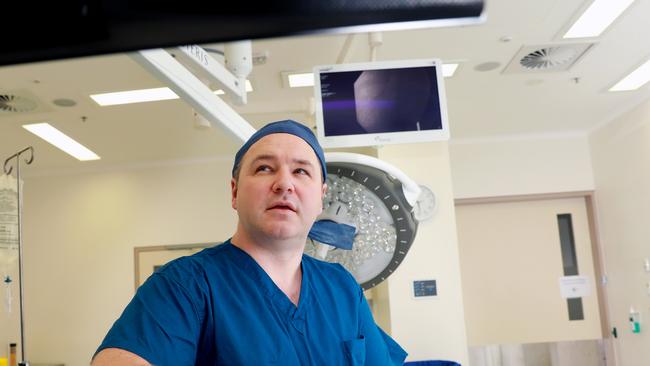
“The other crucial thing is with some of these cancers, if you get it early, before polyps turn into cancers, you can cure them very easily but if you find them later they can spread.
“It’s very easy to nip in the bud.”
Factors such as family history, older age, being overweight and having bowel problems such as Crohn’s disease increase therisk of bowel cancer.
Eating lots of red and processed meats, drinking alcohol and smoking also contribute to the disease.
More than 15,600 Australians are diagnosed with bowel cancer each year and one in 13 Australians will be diagnosed with it in their lifetime.


